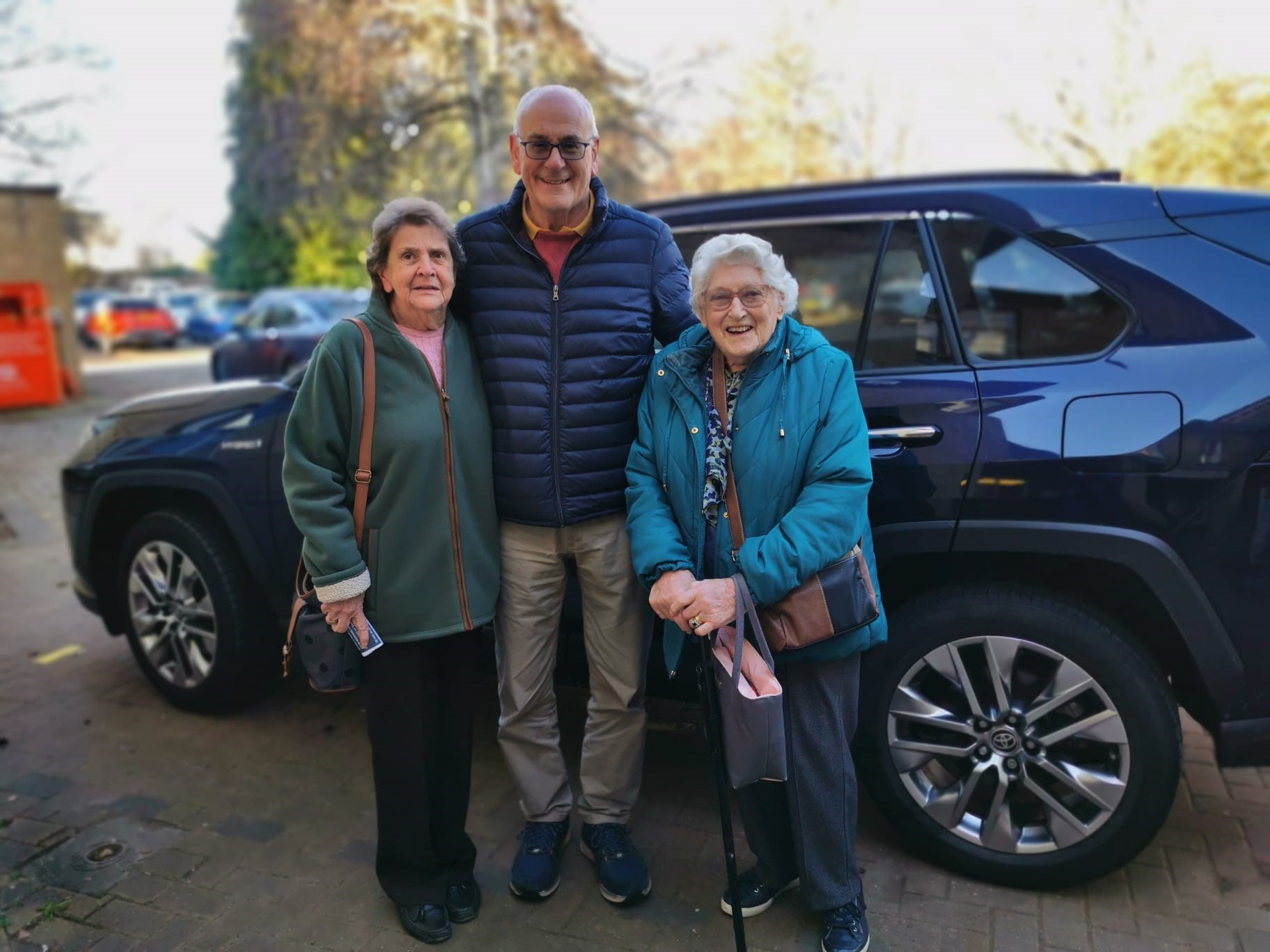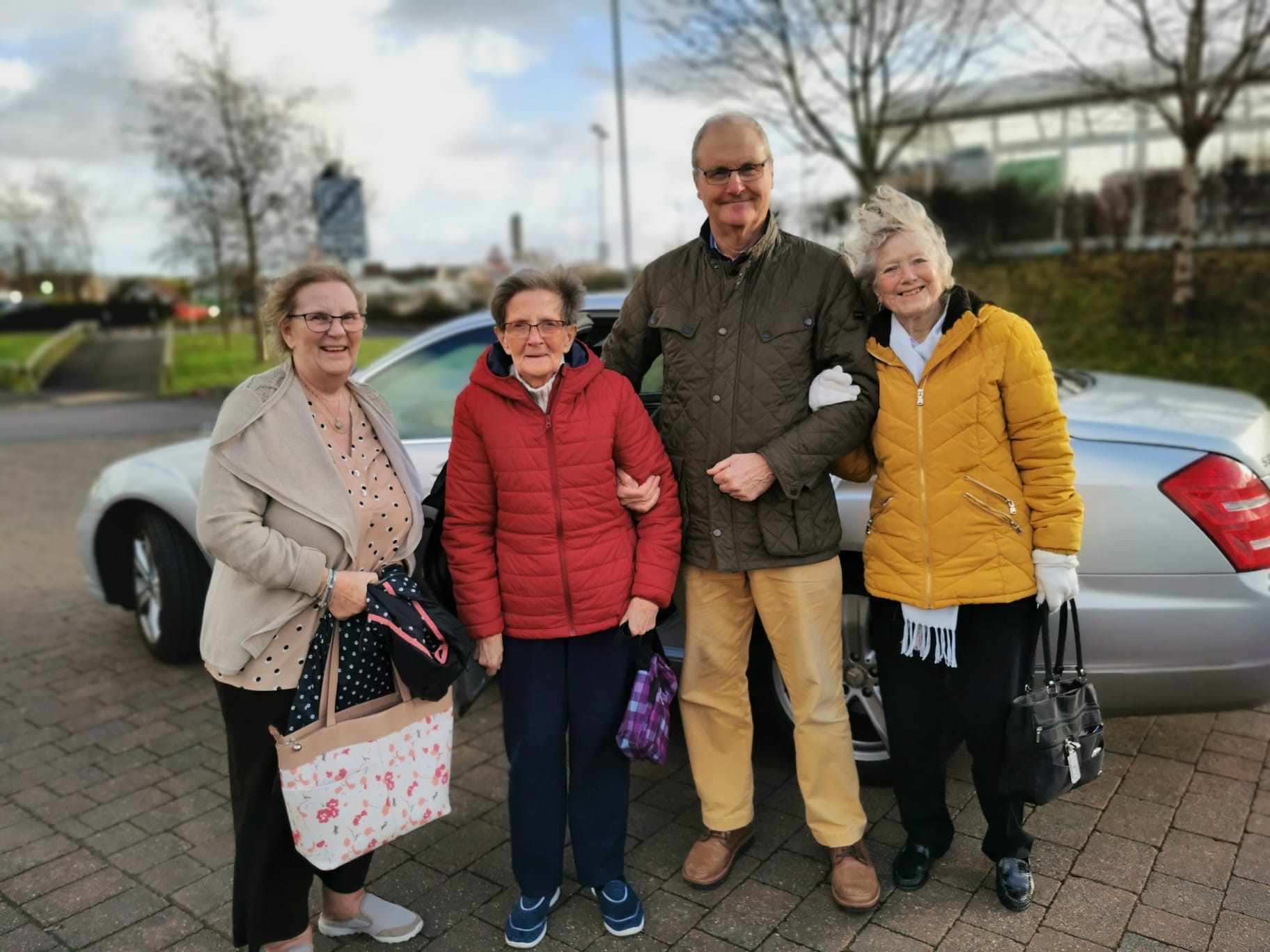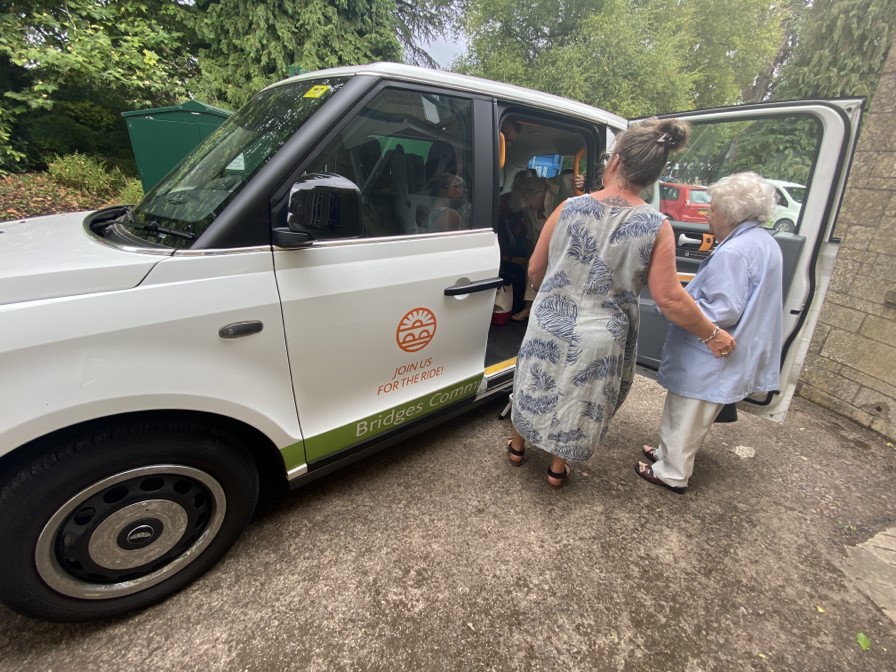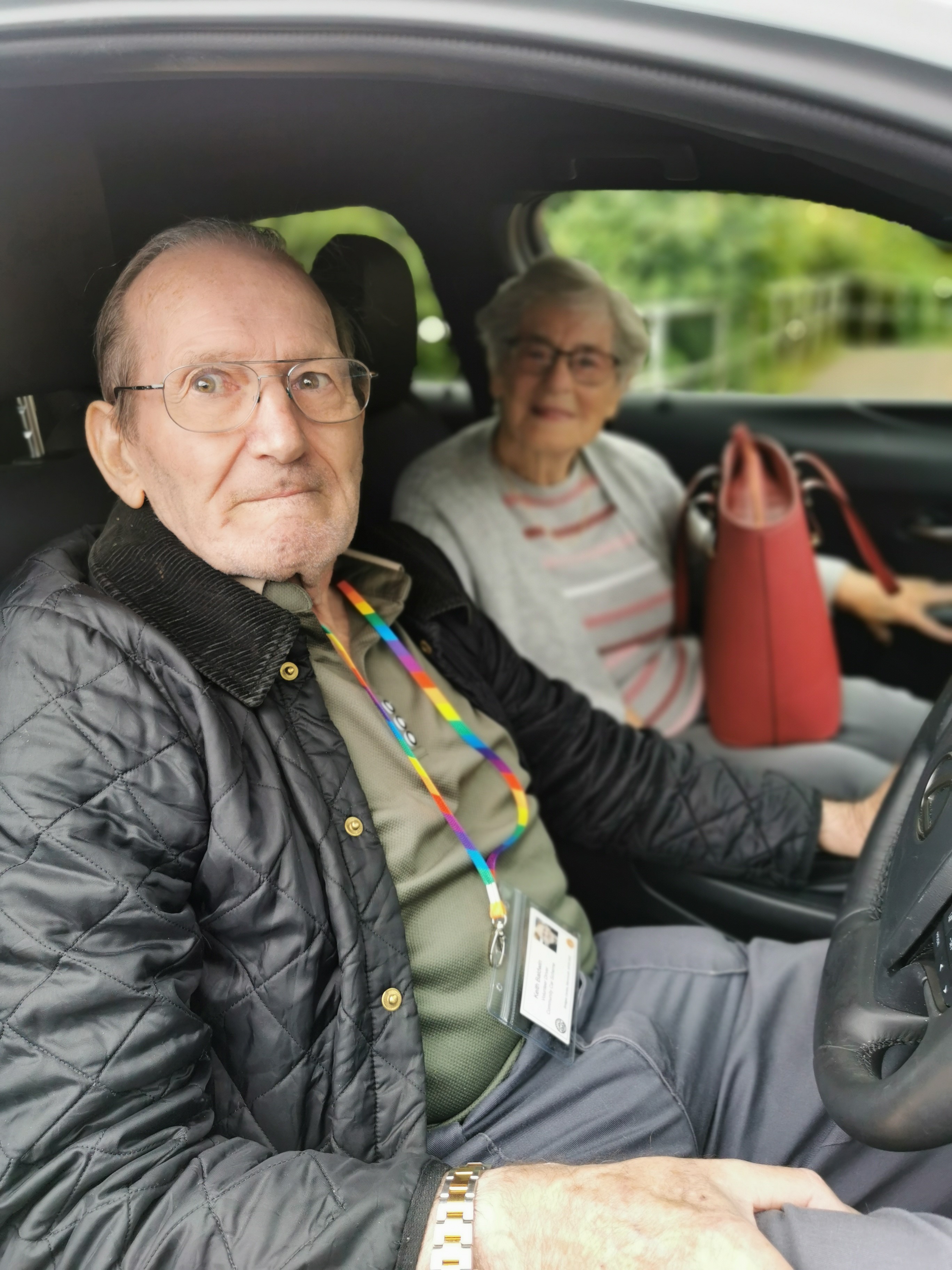Introduction
Volunteering can be a deeply fulfilling endeavour, providing individuals with the opportunity to give back to their community, make new connections, and stay active. The Monmouthshire Community Car Scheme exemplifies this spirit, with volunteer drivers offering essential transportation services to those in need. A recent research project aimed to understand the motivations, experiences, and challenges faced by these volunteers, providing valuable insights and actionable recommendations to enhance the scheme.

Funded by THINK – Transport Issues in Rural Communities (TIRC) Small Project Fund, the small pot of funding allowed us to explore only a small aspect of our project. While grateful for the current funding, it is clear that additional and larger funding pots are necessary to fully realise the potential of such projects. More comprehensive funding would allow us to reach out to potential volunteer drivers, explore practical applications of our research, and implement the findings effectively. Given that our current coordinators are working at capacity, their ability to implement the recommendations will require additional work on top of a busy workload. We do, however, recognise the value of supporting our volunteers and we will invest time and effort to help create a sustainable and impactful scheme that benefits everyone.



Surveys and Methodology
The research methodology for evaluating the Monmouthshire Community Car Scheme involved conducting a comprehensive survey targeting both current and former volunteer drivers. The survey, which was meticulously drafted and piloted to ensure clarity and effectiveness, received responses from nearly 100% of the current drivers and 10% of the former drivers. Using thematic analysis, the survey responses were examined to identify recurring themes and keywords, categorising insights into main themes and noting any unique responses that did not fit neatly into these categories. This robust approach ensured a thorough understanding of the motivations, challenges, and experiences of the volunteer drivers.
Research Findings
Here’s a comprehensive overview of the findings:
Volunteer Motivations and Positive Outcomes
- Altruism and Community Spirit:
Volunteers are primarily driven by a desire to help others and contribute to their community. Many feel a strong sense of purpose and fulfilment from their involvement. One volunteer remarked, “Meeting different people and realising the benefits it brings for a lot of them is very fulfilling.” Others shared personal stories, such as being inspired by the support their own family members received from similar services.
- Staying Active and Engaged:
Retirees make up a significant portion of the volunteer base, seeking to stay active and engaged in meaningful activities. The flexible nature of the car scheme allows them to balance volunteering with other commitments. As one volunteer noted, “I had retired and had some spare time, and a friend suggested it to me.”
- Social Interaction and Personal Fulfilment:
Volunteering offers rich opportunities for social interaction and personal growth. Volunteers often form new friendships and gain new perspectives on life. One volunteer shared, “I’ve met some lovely people and get satisfaction from knowing that I have helped people get to appointments they may otherwise find difficult to attend.”
Challenges Faced by Volunteers
Despite the rewarding nature of their work, volunteers encounter several challenges that can impact their willingness to continue.
- Logistical Issues:
Navigating to unfamiliar locations and dealing with parking, especially in rural areas or at busy hospitals, were common problems. One volunteer suggested the use of What3Words to alleviate navigation difficulties.
- Passenger Coordination:
Managing the needs of passengers, particularly those with mobility issues or specific health conditions, can be complex. Volunteers indicated a need for more detailed passenger profiles to better prepare for their trips.
- Personal Constraints:
Balancing volunteering with personal commitments and health issues is a significant challenge. Some volunteers mentioned that additional demands from their own families could limit their availability.
Suggestions for Improvement
Based on the feedback, several recommendations have been made to improve the volunteer experience and address the challenges identified.
- Comprehensive Training and Support:
Enhanced training programs and mentorship for new drivers can build confidence and skills. Regular check-ins and active engagement from scheme management can provide ongoing support and boost morale.
- Enhanced Communication Tools:
Implementing digital tools such as text reminders and scheduling apps can reduce errors and improve coordination. Detailed passenger profiles can help drivers better understand and meet passenger needs.
- Logistical Solutions:
Providing floating blue badges and identification cards can help with parking issues. Training on navigation tools like Google Maps and What3Words can make finding locations easier.
- Flexible and Adaptive Scheduling:
Offering flexible scheduling options and recognizing volunteers through appreciation programs can help manage personal constraints and reduce burnout. Volunteers who want more engagement should be given opportunities to take on additional trips.
Conclusion
The Monmouthshire Community Car Scheme plays a crucial role in supporting those who need it most. By addressing the challenges faced by volunteer drivers and implementing the recommended improvements, the scheme will enhance the volunteer experience, ensure sustainability, and continue to deliver invaluable services to the community. We recognise that volunteers bring immense value through their dedication and compassion, and now we feel empowered to offer the right support, maximising their contributions for the benefit of all.
For those considering becoming a volunteer driver, the Monmouthshire Community Car Scheme offers not just a chance to give back, but also to gain personal fulfilment and make meaningful connections within the community. See downloadable reports for contact details about the joining the scheme.